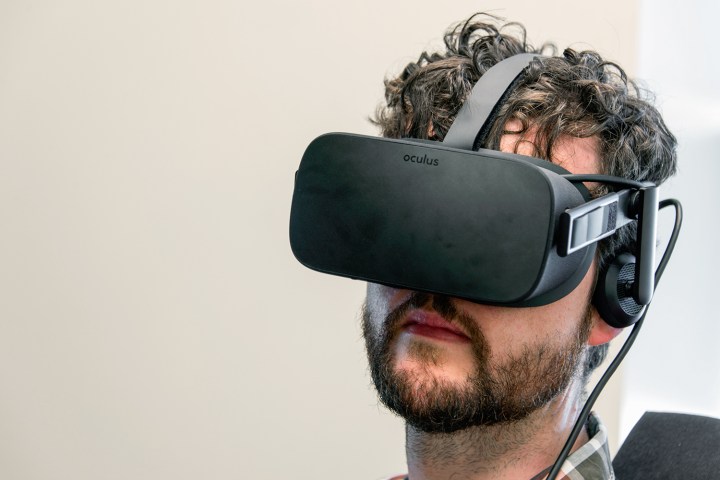
Google has been working on audio designed for a 3D space for some time now, but it has always been dependent on local hardware to do the heavy lifting. With this latest development, it’s made it possible to deliver that same 360-degree audio over the internet.
To avoid plenty of standardization pitfalls, Google went ahead and utilized Chrome’s already-existing WebAudio platform, but in a slightly different way.
Instead of delivering audio how it usually does, the new Omnitone system takes information from the player’s tracking solution and headset and applies that to the sound. Sounds are tweaked in real time to cater specifically to the user in question, essentially surrounding them with eight virtual surround-sound speakers, then downmixing to stereo through what TechCrunch describes as a “binaural renderer.”
From there you have — in theory — highly positional 3D sound, delivering through a pair of stereo speakers or headphones. If you’d like to test how effective the technique is, Google has a couple of examples available on the Omnitone webpage, but unfortunately at the time of writing we just can’t get it to work on our end.
If you have any more luck let us know.

Although most virtual reality games and experiences will be handled almost exclusively by local hardware over the next few years, it seems likely that as the technology improves more of it will be delivered online and from there, audio tools like this will become extremely important.
For less interactive content like 360 movies, though, this sort of tech should make streaming much more capable.



